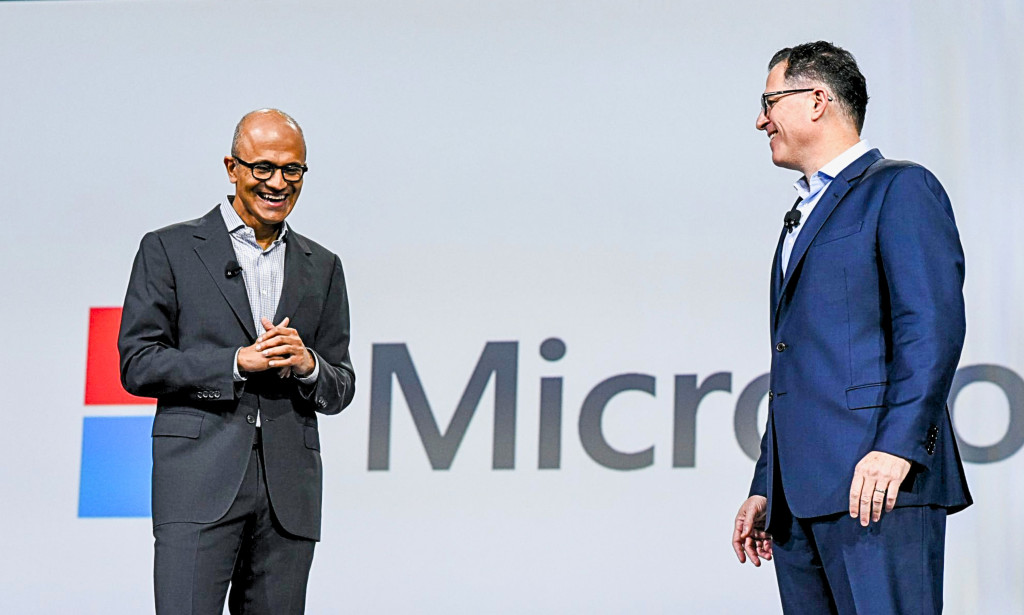Once again, Microsoft has shut off all the routes that were allowing to install Windows 11 without creating a Microsoft account. Thus the Redmond giant confirms its commitment and focus on the benefits of cloud storage and unified account management.
In previous versions of Windows 11, users were able to perform some operations, for example, to run 'bypassnro' or 'start ms-cxh:localonly', which allowed them to just create a local account without connecting to the internet by skipping the sign-in process. However, Microsoft has totally patched these loopholes. What they do now is that they restart the setup process, which practically makes them go through the complete Out-of-Box Experience (OOBE) with a Microsoft account.
Microsoft states that their choice guarantees a setup process that is secure and reliable across devices. Elevating security is just one of the benefits as well as enabling smoother syncing, faster access to OneDrive, Microsoft Store, etc., which are part of the integrated services, and other advantages like facilitating Microsoft’s deployment of updates and cloud-based solutions to users.
Many users who choose local accounts do so to prevent continuous synchronization with Microsoft’s servers or to maintain a clean, isolated computing environment. Now, unfortunately, these users will almost be unable to perform a Windows 11 installation without an internet connection. On the other hand, this update can make the cloud connectivity aspect more manageable and exciting for users that prefer such a connection. Nevertheless, most users have reacted negatively to this change as they favored privacy and offline control of their systems.
IT professionals and enterprise users might be impacted by this change as well. Custom installation scripts and deployment tools will have to be changed to reflect the new requirement of a Microsoft account. If an organization is managing numerous installations of this kind, it could result in taking extra steps for automation and account provisioning.
On the other hand, Microsoft is trying out a new feature whereby the users can set up their user folder names during installation, unlike before, when it used to get automatically from the account email. By making this minor adjustment, the company maybe signaling that it is still exploring the possibilities of balancing flexibility and its security strategy.
The essential measures taken by Microsoft to prevent local account bypasses clearly show that the company is in favor of a Windows setup that is continuously linked. Such a change, however, not only facilitates the interaction with Microsoft's ecosystem but also raises some issues regarding the user's choice and control. Those who value their privacy and prefer to work offline will probably feel that Windows 11 is gradually moving to the cloud and that it is going against them.



You must be logged in to post a comment.